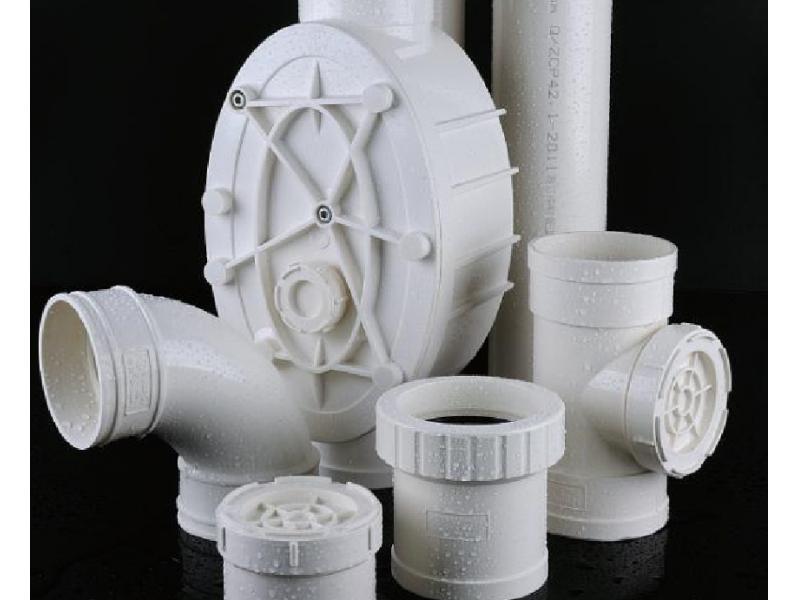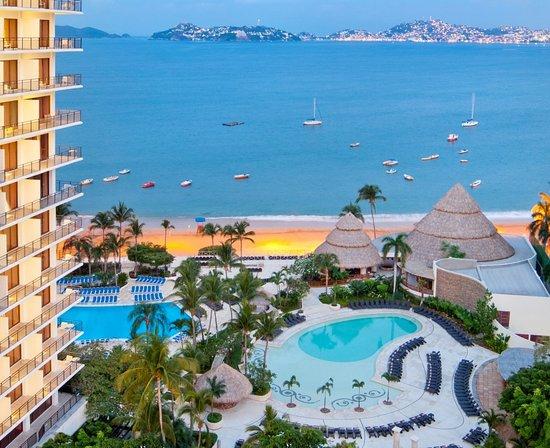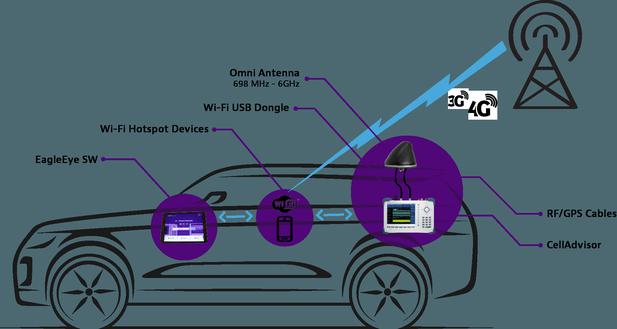Hard polyvinyl chloride
Introduction
In addition to additives, blending modification with other resins is also adopted to make it significant value. These resins include CPVC, PE, ABS, EVA, MBS, and the like. UPVC has high melt viscosity, poor liquidity, even if the injection pressure and melt temperature are improved, and the change in fluidity is not large. Further, the molding temperature of the resin is very close to the thermal decomposition temperature, and the temperature range of the molded temperature is narrow, which is a material that is difficult to form.
Differences in Chinese and foreign definitions
The understanding of RIGID PVC in China and abroad is completely different. Foreign interpretation of RIGID PVC is equivalent to UPVC or PVCU, that is, hardness is above Shore D 80 or more, no plastic PVC modified materials; and understanding of RIGID PVC is PVC within 20 parts of the plasticizer Modified materials, in fact, a semi-hard and hard PVC modified material, its hardness can be measured with Shore A or Shore D, while UPVC can only use Shore D to measure accuracy and specification.

Production and application
Polyvinyl chloride is polymerized from vinyl chloride monomers (VCM). Because 57% of the mass in its molecule is chlorine element. Therefore, it is less consumed in the same quality than other plastics, but because the relative density of this plastic is large, other energy is applied in the process of generating the chlorine, so that it is Many applications have lost its advantages. More PVC production processes are suspended aggregation production processes. Pure water, liquefied VCM monomer, dispersing agent were added to the reactor, then the initiator and other auxiliaries were added, and the VCM monomer was used to generate PVC particles after the temperature increased to a certain temperature. Sustained agitation causes the particles uniformly particle size and the resulting particles are suspended in water.
Modified Variety
well known, polyvinyl chloride, referred to as PVC (Polyvinyl chloride polymer = PVC molecular structure), is a thermoplastic resin polymerized under an initiator action . It is a homopolymer of vinyl chloride. The PVC is a white powder in the amorphous structure, and the branching is small. Depending on the production method, the PVC can be divided into: general-purpose PVC resin, high polymerization PVC resin, cross-linking PVC resin. The general-purpose PVC resin is formed by polymerization of the vinyl chloride monomer at the action of the initiator; the high polymerization PVC resin refers to a resin which is added to the chain growth agent in the vinyl chloride monomer polymerization system; cross-linking PVC resin is A resin containing a crosslinner polymerization of azine and a polyene is added to the vinyl chloride monomer polymerization system. However, since the PVC can make PVC to become a larger difference in the PVC, the soft and hard difference is large, and there will be a lot of performance of PVC plastics due to the addition of some ingredients. Our commonly used identification methods are not obvious, and even changes in phenomena, and unable to make accurate judgment.
PVC is brittle, the thermal stability is poor, and it is not easy to process. Can not be used directly, it must be modified mixed, add related auxiliaries, PVC generally modify granulation, prepare it into particles, more plasticization, more easily, especially the process is an injection product. Strictly speaking, there is a special requirements of PVC products, and the PVC modified formula is tailored according to customer requirements. The formulation design of domestic PVC modified materials has reached the international advanced level, and many products have been exported to foreign countries; there is also a co-derived in PVC production, such modified varieties have vinyl chloride copolymers, polyvinyl chloride Blend and chlorinated polyvinyl chloride, etc.
Characteristics and Applications
Hard polyvinyl chloride is mainly used in hard PVC pipes and pipe fittings, profiles, with the following characteristics for pipe:
(1 ) Features: Normally diameter is 40-100mm, the inner wall is small, non-detergent, non-toxic, no pollution, corrosion resistance. The use temperature is not more than 40 degrees, so it is a cold water pipe. Good anti-aging performance, refractory, and can be installed with a flexible connection with a rubber ring.
(2) Application: For water (non-drinking water), drain pipe, rain pipeline.
Latest: Linearity constant system
Next: Meetsham







